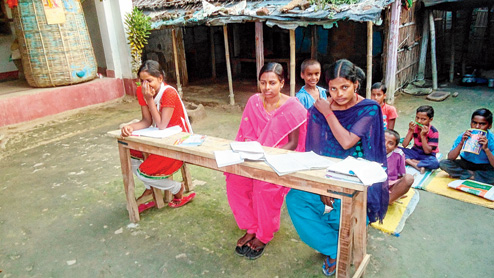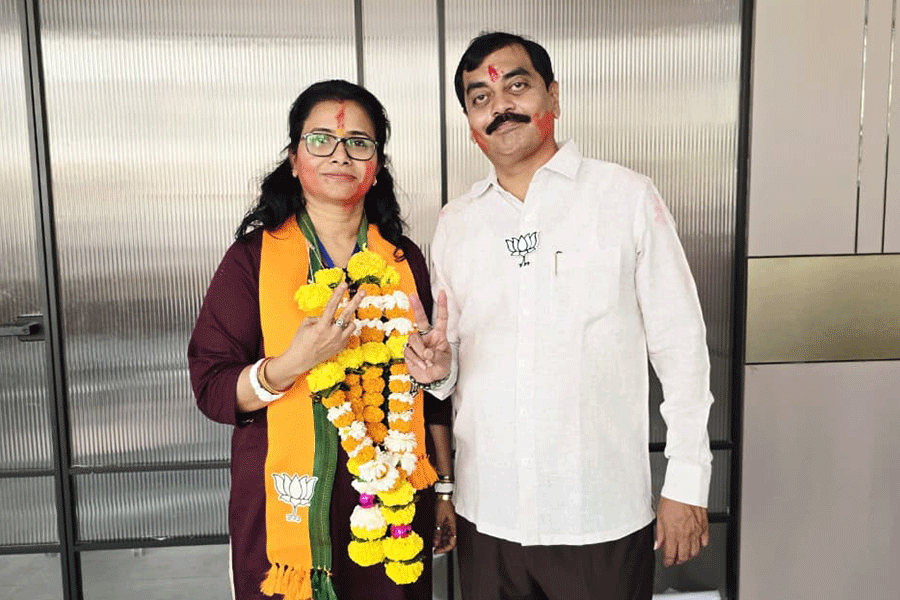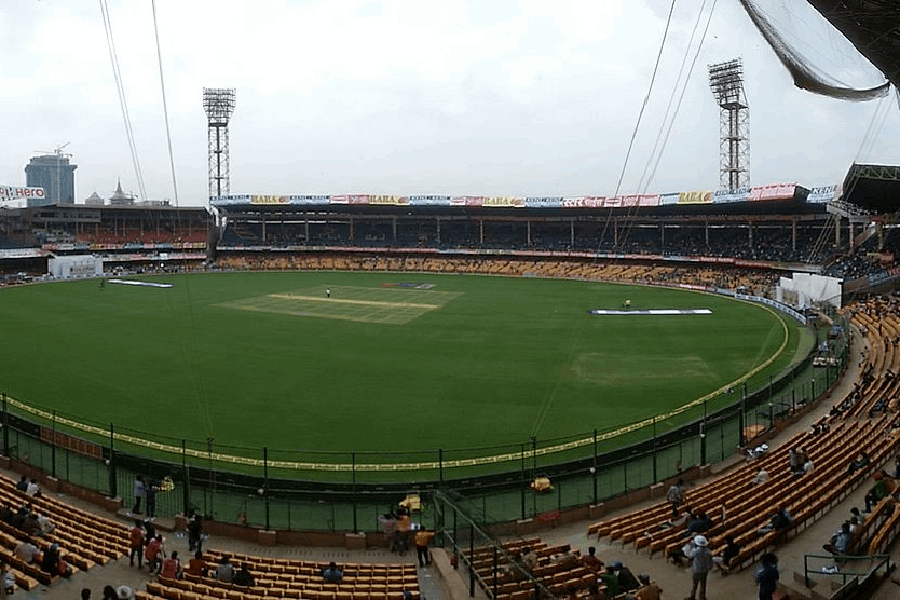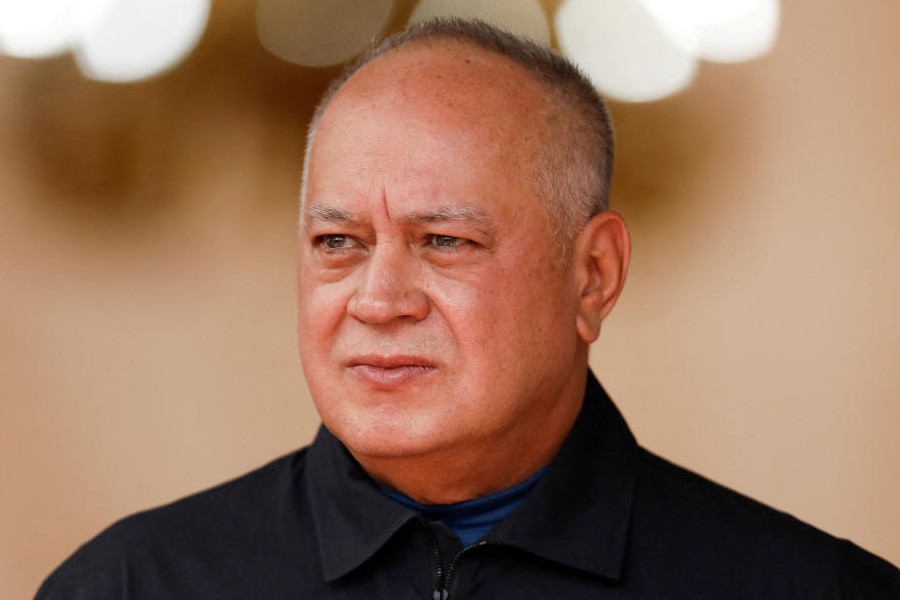
and their tutor Badri Narayan Sah(below).


A tiny coaching centre run from a cluster of hay-and-bamboo huts in a village in remote Supaul tells the story of the change that Bihar has undergone in the last 10 years.
Girls far outnumber boys at this centre in Andauli, a village in Supaul, one of the remotest and most flood-prone districts in the Kosi region, nearly 300km northeast of Patna. The residents of this village are in the main illiterate farmers belonging to families for whom education is an alien concept.
Badri Narayan Sah , the teacher at the coaching centre, said of the 150 students he has, 110 are girls. "As a pastime I started teaching the village students for free. Over the years, particularly after 2004 or so, I started getting many students," Badri Narayan added. Now, his students each pay between Rs 200 and 250 per month. Nearby are three government high schools.
"The government schools don't have good teachers. I supplement the education of the students," Badri said.
The girls are vivacious, happy to belong, eager for more padhai.
"I passed Class X in first division last year and got a scholarship of Rs 10,000. That was the happiest moment of my life. I have enrolled in the Plus Two level and I am taking coaching at this institute. I want to study, study and study... Kitab padhna achchha lagta hai, patakhon se dar lagta hai (I like reading books, am scared of firecrackers)," said Manisha Kumari (19), daughter of Kanti Devi and Brahmdeo Yadav - a homemaker and farmer couple, who like their ancestors, never went to school.
We had gone to the coaching centre just as the sun was setting on the evening of Saturday, around the time BJP president Amit Shah had finished addressing a rally at Bhaptiaha, barely 400m away. Shah had repeated his remark, made in Raxaul (East Champaran) some hours ago, that firecrackers would go off in Pakistan if "by any chance the BJP failed to form the government
in Bihar". The BJP boss had deliberated at length on how Nitish Kumar, Lalu Prasad and other "swarthbandan" (his dig at the mahagathbandhan) leaders were trying to "steal a percentage of the job quota from the backward classes and Dalits to give it to the minorities". A group of youngsters clad in saffron had lustily cheered Shah.
Priyanka Kumari (18), another Plus Two level student at the Andauli coaching centre, frowned at Shah's remark: "Yeh pata hi nahin chal raha hai ki Bihar ke election me Pakistan kahan se aagaya (It's hard to figure out why Pakistan is relevant to the Bihar election)."
Who does she prefer among the political parties? Priyanka giggles: "You stay here with us and teach us English. Main apne babuji se kah kar aap ko 300 rupaya mahina mein dilva dungi (I will tell my father to pay you Rs 300 a month)."
The only politician the students are willing to discuss - that too after much goading - is the chief minister.
"Nitish Kumar is a good leader," said Priyandhu (15). "I study in Class IX. I got Rs 2,500 (from the government) for a cycle, but cycles cost more. My parents are poor. Please tell him (Nitish) to give me at least Rs 4,000 to buy the cycle. Then I will be able to buy it. He (Nitish) will surely give."
On the same Supaul-Saharsa-Madhepura stretch 2km away is Mahipatti, a village inhabited mostly by Musahar (rat-catching community of former chief minister Jitan Ram Manjhi), Panchpauniyas and other Extremely Backward Classes and Mahadalit castes. Here, Sikandar Sada (40), a Musahar and a landless daily wage labourer, was proud that his son Kartika had passed the matriculation exam in the first division and had got Rs 10,000 in scholarship.
"Sir, I have two sons and two daughters. My oldest son, Kartik, has done well. My two daughters and other son study in a local government school. Sugia aur hum pet kaat kar bachchon ko padhate hain (Even if we don't get to eat our fill, my wife Sugia and I ensure our children study)," Sikandar said.
It's a trend that ran through this remote, backward region of Bihar (over 95 per cent of the people in Supaul live in the rural areas and are dependent on agriculture, according to the 2011 census): The realisation that education is the key to a better future.
What made Sikandar realise that, given that his predecessors were all unlettered?
"As a young man I was fond of listening to Lalu Prasad's speeches," Sikandar replied. "I liked most when he said: Ai chuha pakadne waalon, Ai gai charane walon, padhna likhna seekho (O rat catchers, O cowherds, learn how to read and write). Such words drove
me to think. I thought of educating my children; otherwise they would end up like me."
Joginder Yadav (50), an illiterate man whose son and daughter go to school, explained: "Lalu sowed the seeds of consciousness in our minds, but he did not give us infrastructure. Nitish has followed up on Lalu. He has given us schools, scholarship and uniforms to our children. That's why they are bada-bhai and chhota bhai (older brother and younger brother)".
Ranjeet Ranjan is the Congress MP from Supaul. She is the wife of Pappu Yadav, the rebel RJD MP from Madhepura who has formed the Jan Adhikar Party and fielded his candidates against the RJD-JDU-Congress. But the younger generation did not seem keen to discuss Ranjeet, who has kept herself away from campaigning apparently because of her husband fighting against the Grand Alliance she represents.
Education is ushering in an era of transformation in these backward parts, but whether that will help Nitish electorally is a question that remains to be answered.
Supaul-Saharsa-Madhepura vote on November 5










